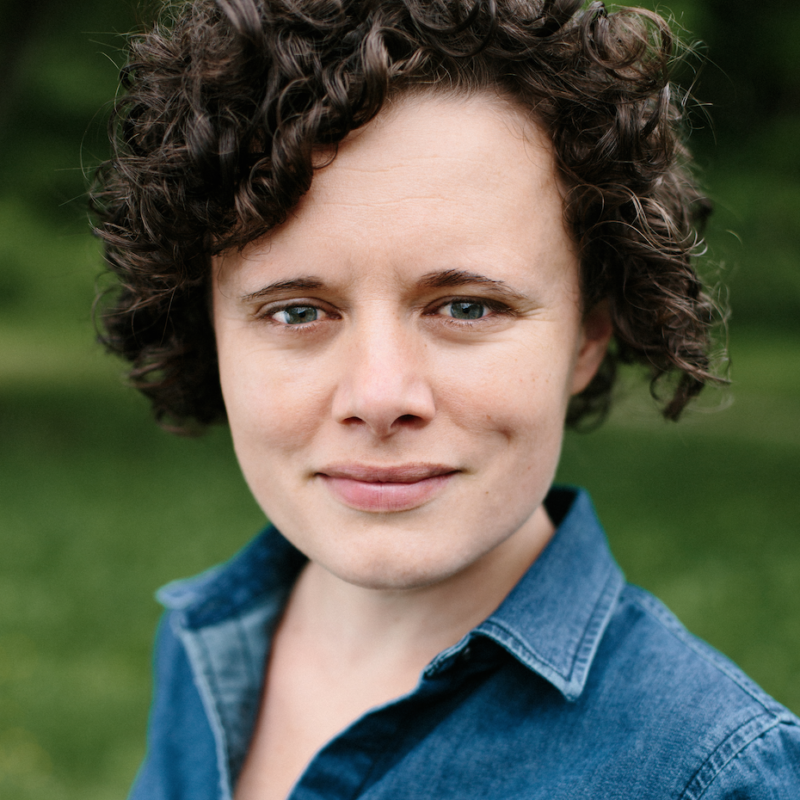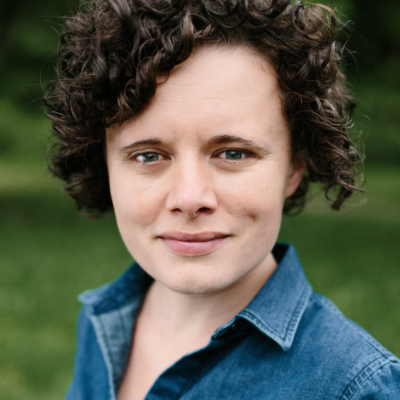The addition of Biscuit Run to the state’s land conservation arsenal helped the Kaine Administration surpass its goal of preserving 400,000 acres in four years.
And at such a good price.
In late December, the Commonwealth bought Biscuit Run as a bargain sale for $9.8 million and tax credits. “It was worth dramatically more than that,” Kaine told reporters. In fact, the Breeden family sold the property for about $46.2 million in 2005.
However, the investors, who include Hunter Craig and Dave Matthews Band fiddler Boyd Tinsley, among others, have an advantage in the tax credits. By law, they could claim up to 40 percent of the difference between the sale price and the appraised value of the property, and they can also sell those credits.
Rex Linville of the Piedmont Environmental Council says that although tax credits are primarily issued to conservation easement donors, the idea of a bargain sale is common. Landowners can “sell something at less than fair-market value and take the difference between what they were paid and the fair market value as a tax deduction,” he says. (Assuming that $46.2 million was the appraised value of Biscuit Run, investors sold the property to the state at a $36.4 million loss. Our calculations suggest tax credits could be sold for $11.64 million, leaving investors and bankers with an almost $25 million bath.)
The amount of the credits used, however, cannot exceed the amount of income tax that is due every year. They can be sold to Virginia taxpayers at about 80 cents on the dollar.
Although there is no limit to how many tax credits anyone can buy, according to Joe Davison, with the Virginia Department of Taxation, there is a limit on how much people can claim on their taxes (for 2009 and 2010 it’s $50,000).
In Albemarle County, the number of acres preserved since 2000 is 44,040 for $114 million worth of tax credits. In 2009, according to the Department of Taxation, 751 acres were recorded for approximately $1.1 million in tax credits.
“In my experience, 2009 was a slower year than 2008, which was a slower year than 2007,” says Todd Hochrein, a broker for Virginia Conservation Credit Exchange, LLC. “Generally it’s because people have less income and so they are buying less credits.”
Tinsley hopes that the park will attract businesses and people “who love nature, who love this area. Hopefully, too, it will remind this community of the beauty of it,” he said Friday at the Thomas Jefferson Visitor Center. As for the lost investment, Tinsley said, “the financial loss that we have taken pales in comparison to the contribution that we have now made to the community.”
C-VILLE welcomes news tips from readers. Send them to news@c-ville.com.





